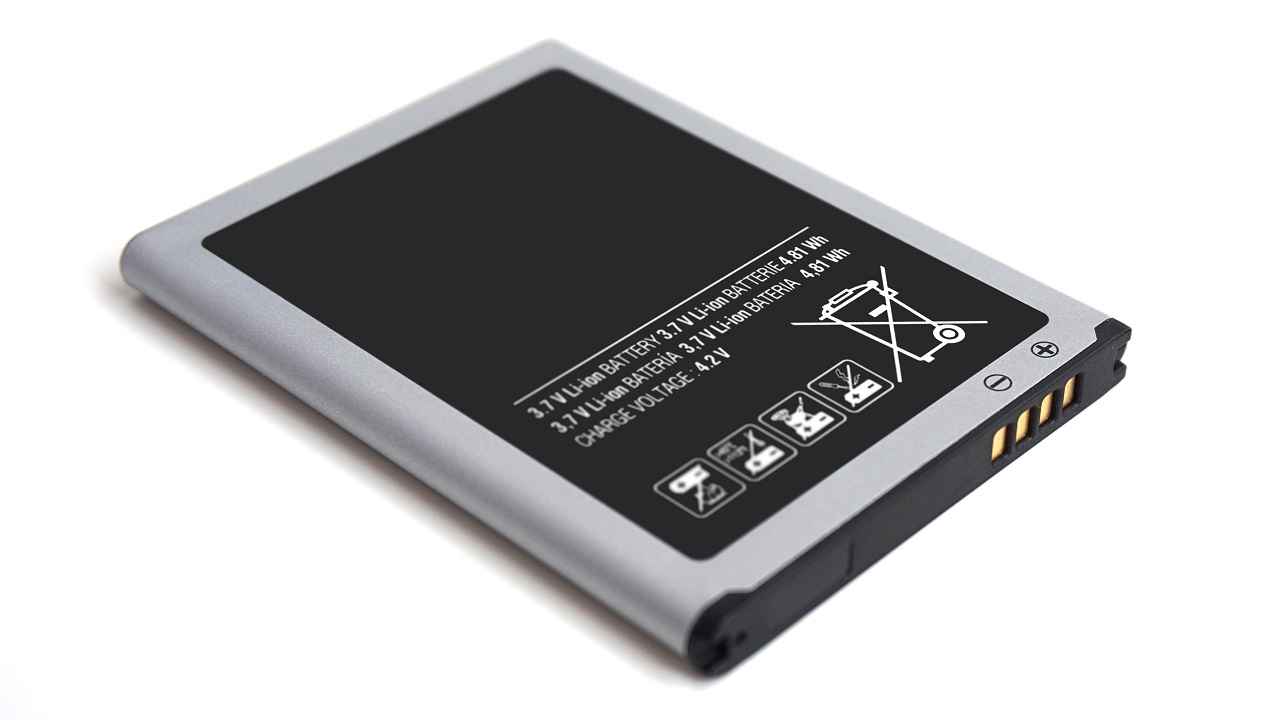IBM Research says its new battery chemistry ditches heavy metals, outperforms Li-ion

IBM Research is making a new type of battery
It won’t employ heavy metals, like cobalt and nickel
It could one day help build low-cost EV solutions
Since its commercialisation in the early 1990s, the lithium-ion battery technology has been growing in popularity and hasn’t stopped. You see lithium-ion (Li-ion) batteries in many electric vehicles and portable devices, possibly including the one on which you’re reading this news article. But that could soon change because IBM Research is working on a new battery chemistry that is claimed to be cheaper, better performing, and more energy-efficient. The best part is that it is completely free of heavy metals, which have been present in the construction of batteries in the past.
IBM Research believes that heavy metals, such as cobalt and nickel, are often sourced from Central Africa for battery making at great risk to the environment and workers in the extraction process. It’s one of the reasons why it started working on a new battery chemistry. According to an IBM Research blog post, the company’s new battery employs three new and different proprietary materials. They contain no heavy metals and face no issues in sourcing at the moment. The materials, in fact, are extracted from seawater.
“Discovered in IBM Research’s Battery Lab, this design uses a cobalt and nickel-free cathode material, as well as a safe liquid electrolyte with a high flash point. This unique combination of the cathode and electrolyte demonstrated an ability to suppress lithium metal dendrites during charging, thereby reducing flammability, which is widely considered a significant drawback for the use of lithium metal as an anode material,” writes IBM Research in its blog post. According to IBM Research, the battery in its lab regained 80 per cent of its total charge capacity in less than five minutes. For reference, a typical smartphone takes somewhere between an hour and two to finish charging completely.
IBM Research says that this design puts it ahead of the lithium-ion battery in terms of cost, charging speed, power density (over 10,000 W/L), energy density (over 800 Wh/L), and energy efficiency (over 90 per cent). The electrolytes are also less flammable, making it more ideal for use in electric vehicles. The American multinational also says it is currently collaborating with battery experts such as Mercedes-Benz Research and Development North America, Central Glass, and Sidus to push its new battery tech from the research stage to commercial development. If IBM Research’s new battery tech is as good as it claims in the blog post, we should see a remarkable improvement in the way the battery inside our everyday devices performs in the near future.
Vignesh Giridharan
Progressively identifies more with the term ‘legacy device’ as time marches on. View Full Profile





